If CASIS Is How NASA Will Commercialize ISS That Plan Will Fail

Statement by William Gerstenmaier – Hearing Examining the Future of the International Space Station: Administration Perspectives
“The Center for the Advancement of Science In Space (CASIS) manages the activities of the ISS National Laboratory to increase the utilization of the ISS by other Federal entities and the private sector. CASIS works to ensure that the Station’s unique capabilities are available to the broadest possible cross-section of U.S. scientific, technological, and industrial communities. The ISS National Laboratory is helping to establish and demonstrate the market for research, technology demonstration, and other activities in LEO beyond the requirements of NASA. Commercial implementation partners are now bringing their own customers to LEO through the National Laboratory, as well.”
Examining The Future of the International Space Station, Statement of NASA IG Paul Martin
“Candidly, the scant commercial interest shown in the Station over its nearly 20 years of operation gives us pause about the Agency’s current plan. This concern is illustrated by NASA’s limited success in stimulating non-NASA activity aboard the Station through the Center for the Advancement of Science in Space, Inc. (CASIS). Established in 2011 to facilitate use of the ISS by commercial companies, academia, and other Government and non-Government actors for their research or commercial purposes, CASIS’s efforts have fallen short of expectations. Apart from these privatization challenges, the amount of cost savings NASA may realize through commercialization of the ISS may be less than expected given that significant expenditures – particularly in crew and cargo transportation and civil servant costs – will likely continue even if many low Earth orbit activities transition to a privatized ISS or another commercial platform.”
NASA’s Management of the Center for the Advancement of Science in Space (CASIS), NASA OIG
“… With respect to crew utilization, between September 2013 and April 2017 CASIS was allocated 2,915 crew research hours on the National Lab, but CASIS-managed projects used only 1,537 (52.7 percent) of these hours. Although CASIS officials attributed the organization’s limited success in this area to three failed ISS resupply missions in FY 2015, given its performance to date, CASIS utilization rates for the National Lab will likely further diminish when NASA adds an additional crew member to the Station in late 2018.”
 Keith’s note: CASIS still depends on NASA for 99.7% of its $15 million annual budget from NASA. After 7 years it is still unable to fully utilize all of the crew and ISS resources that have been allotted to it. Yet NASA expects that CASIS will lead the way in all of its plans to end funding of ISS in 2025 and transferring ISS operations to the private sector. Good luck with that.
Keith’s note: CASIS still depends on NASA for 99.7% of its $15 million annual budget from NASA. After 7 years it is still unable to fully utilize all of the crew and ISS resources that have been allotted to it. Yet NASA expects that CASIS will lead the way in all of its plans to end funding of ISS in 2025 and transferring ISS operations to the private sector. Good luck with that.
Study for Commercialization of Low Earth Orbit
“In May of 2018, NASA will be releasing a NASA Research Announcement (NRA) for Low Earth Orbit (LEO) Commercialization. The purpose of this NRA is to inform NASA’s strategy for enabling the commercialization of human spaceflight in LEO and meeting NASA’s long-term LEO needs.”
Questions and Answers Set #3
“79. Can the Center for Advancement of Science in Space (CASIS) propose?
A: The NRA is open to all U.S. organizations, including industry, educational institutions, and nonprofit institutions.”
– ISS After 2025: Is CASIS The Solution Or The Problem?, earlier post
– Previous CASIS postings


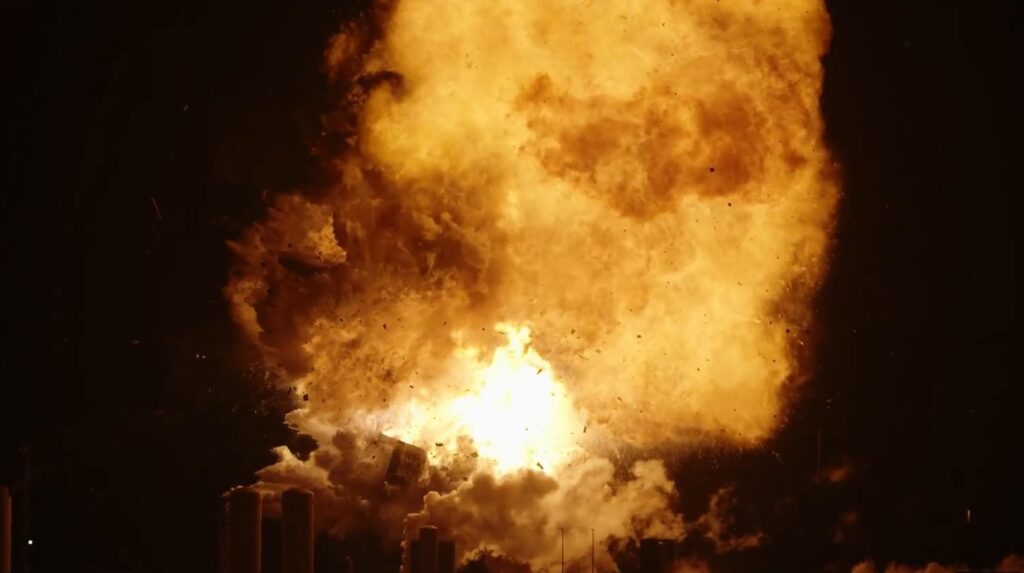
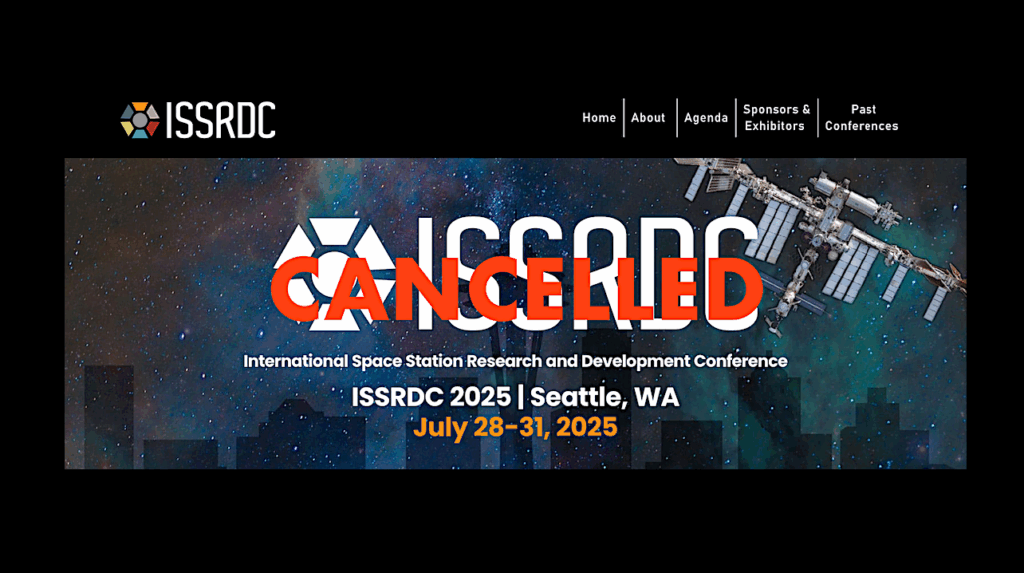
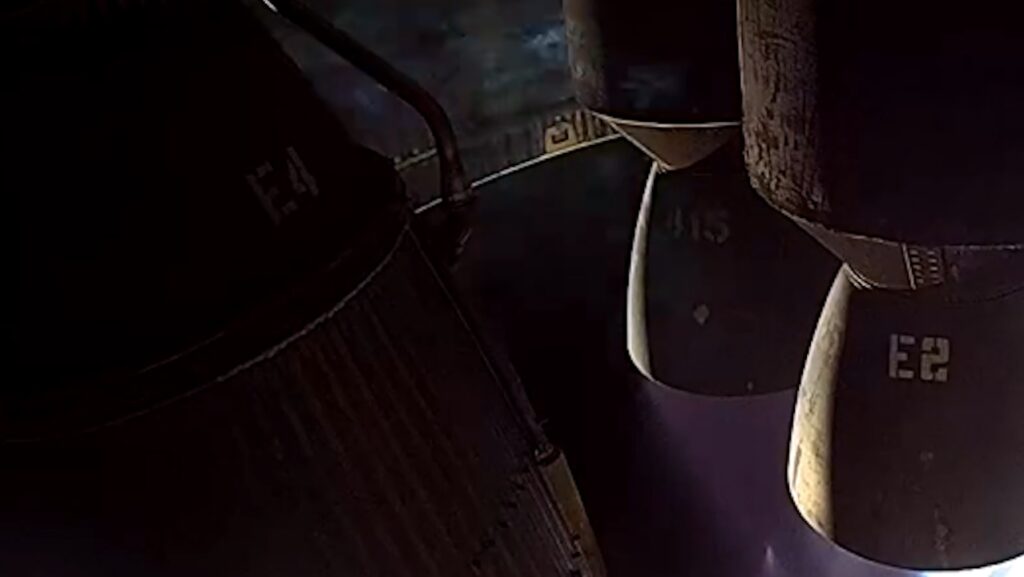

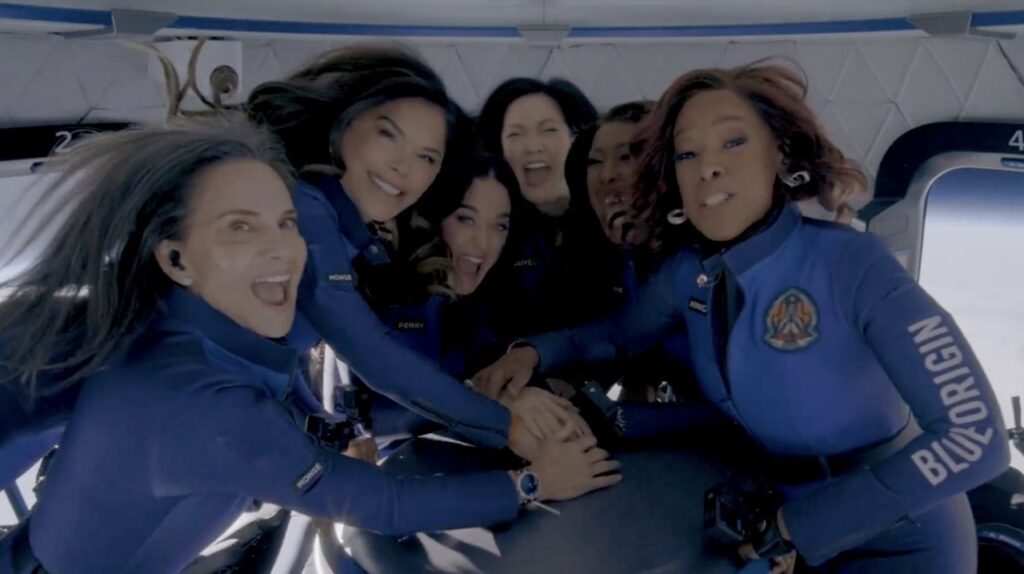
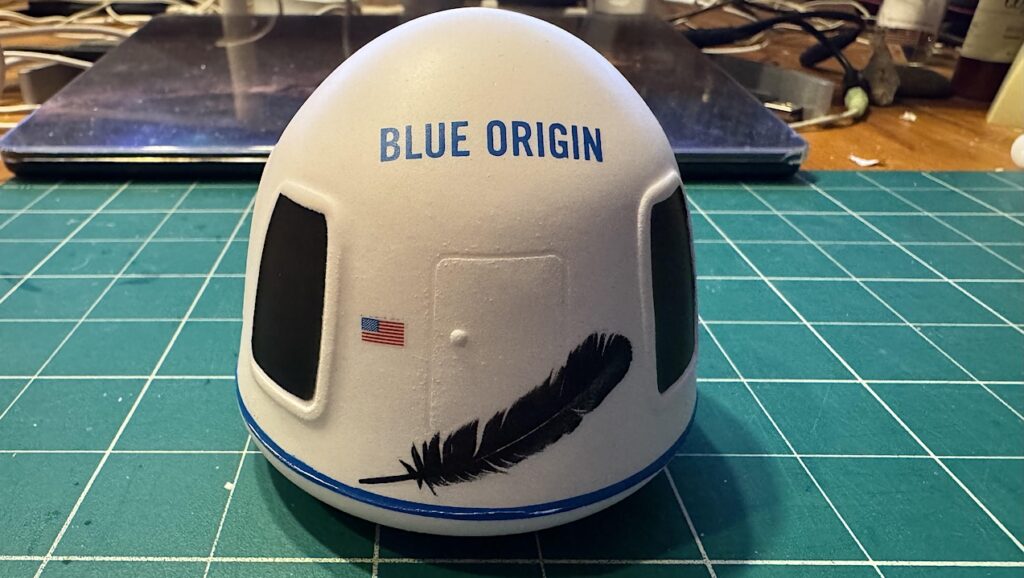

Completely true Keith. But no one in authority seems to learn from history or facts or even data. What can you do?
No company in it’s right mind would even enter a group agreement with other such companies to take over control of the ISS. Insane insurance costs being one thing, then the hefty bill to just start modernizing the station would make the insurance bill look sane.
Building a new one from scratch would be the sensible thing for the private sector.
There’s hardly any interest in the private sector to build space stations and even less money being put forward. With launch costs still being high even after CCDev start launches, it’s hard to see how any space station operator plans on making a profit.
Yes, I know Bigelow exists, but they keep having to push back launch of the first B330 and no telling how long until they can build a second. No one else is actually building new station modules. Axiom plans on using two converted MPLMs. LockMart is using the third as a demonstrator for the Lunar Gateway. Orbital ATK are producing very nice CIG clips and posting them on youtube, but not actually building anything (and won’t unless they get a big NASA contract).
An actual, functioning privately built station before 2025 is just pure fantasy right now.
You’re right, the B330 won’t be flying any time soon. I’m certain it won’t fly at all. No systems, like ECLSS, EPS, etc., are done, most aren’t even designed, it’s dependent on an imaginary rocket that doesn’t exist to get into space but there are no ICDs for the vehicle so it’s being designed with the hope that it will fit, not enough power will be generated to support pretty much anything, no C&DH system, total reliance on prop for G&NC, etc. I predict Axiom will buy ISS or somehow assume ownership of it with the backing of SGT and Boeing. They just hired a phenomenal lobbyist in DC so they are greasing the skids right.
“No systems, like ECLSS, EPS, etc., are done, most aren’t even designed”
Do you have citations for that statement? I believe you are incorrect.
Yes, my eyes. 😉 I worked there up until a few weeks ago.
Yes, my eyes. 😉 I worked there up until a few weeks ago. As of now, there’s no path for success. Look at their job postings, they are missing some pretty important positions.
The Bigelow operations website states there are two BA330’s ready for launch in 2021. That is one year after the Nation’s two commercial passenger services are supposed to be operational.
https://www.bigelowspaceops…
But I would imagine if you owned Bigelow you would start launching human habitats YEARS before you could actually occupy them and do system maintenance.
The reason CASIS isn’t working is multiple. And many are the same reason no commercial stations exist. First, a lack of affordable crew transportation. Hopefully the first missions fly this year, but it will be the 2020-2022 timeframe before a good cadence is set. Second, Commercial Cargo is still very expensive. While investments have decreased costs elsewhere, cargo in $ per kg is still very high.
The crew requirements of the station are another issue. It takes so many man hours to maintain the station, unload cargo, etc. The station needs another habitat module and the crew needs to be expanded. You need between 3-5 crew members who are largely dedicated to keeping the station running as well as space for others to do both research and commercial activities. Some companies have plans to add habitation to ISS, but I don’t see that happening in enough time to “prove” commercial viability before 2025. The US is really missing the Habitation Module right now.
The Centrifuge Accommodations Module could have been a large draw for science and research, but it’s been rotting in a Japanese parking lot for a decade. ISS only has so many available berthing so space is at a premium. Though that would be less of an issue if Node 4 had been launched.
NASA has cornered itself. It’s delayed or cancelled most of what the station needs to be commercially viable, they’ve been hostile to tourists going to ISS and they’ve yet to really show they have an idea of what “commercial” means. They act like they are still 100% the gatekeepers on who gets to do stuff in space and what they get to do.
And NASA’s next trick will be commercializing the USS Nimitz by turning it into a cruise ship. The volley ball courts will be awesome! ?
Ha, ha! How about jet rides and parachute jumps?
CASIS was the wrong organization and the wrong kind of organization to set up in its conceived role. NASA Code C had successfully done something like it with Spacehab, Inc on Shuttle in 1990. There was. Small front organization well experienced in NASA. There was a technical organization with considerable experience integrating payloads on Shuttle and Spacelab. There was very small NASA office with considerable experience in payloads. There were Code C affiliated centers developing payloads.
ISS program had no knowledge of this, and chose to blind their eyes to gaining the requisite knowledge and experience. ISS took the money that was supposed to be for science on ISS and gave it to their prime contractor. ISS hired Spacehab not as commercial integrator and operator which was wy they had been effective, but instead as a logistics contractor. NASA, ISS managed to take an efficient effective operation and convert it to the same ineffective and cost prohibitive contractor function just like everywhere else in the ISS program. That’s what you get with a program with a zero experience base. The ISS Program has now managed to waste 20 years and $100 billion.
Practical use of space has not required manned systems. I.e. things like weather and communication satellites. http://Www.robert-w-jones.com
Yes, it’s a pity that Elon Musk disn’t stay the course on DragonLab and was distracted by CCP. DragonLab had the potential to open real markets for microgravity research.
And this is the fear of LOP-G: that CASIS/NASA will be the contracting gateway through which all of the commercial landers and payloads have to pass. Effectively extending ISS management issues to the entire surface of the Moon.
Anyone from CASIS ever jump into these NW threads? Tell us what they really think?